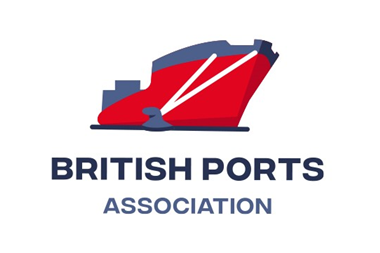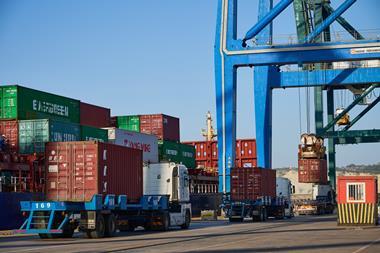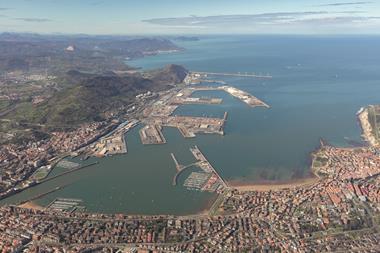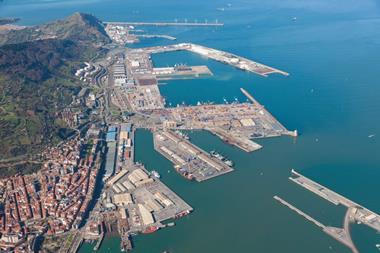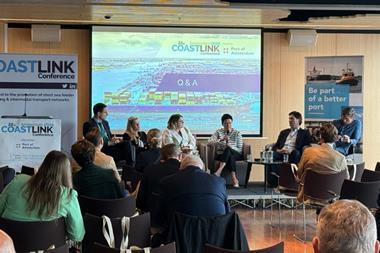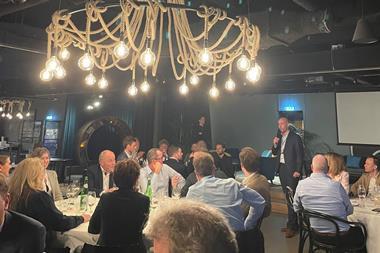Every port needs to have a clear strategy and vision in place for sustainability and energy transition, said Maurice Delattre, area manager, Port of Amsterdam.
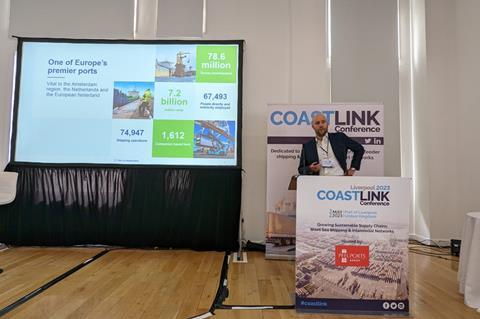
Explaining the Port of Amsterdam’s ambitions as a hub for alternative energy production, he noted that the port has reserved 80 hectares of land solely for the development of bio/synthetic fuel and the circular economy.
“Why are we focusing on these activities? Because of the key characteristics of our region means an urgency to accelerate the energy transition.”
The region’s strong industrial clusters, including energy-demanding steel production, port activities including bunkering, and the massive aviation operations at Schiphol are all completely dependent on fossil fuel, said Delattre. For example, 4m tonnes of aviation fuel a year is supplied by pipeline to the airport.
“With this in mind we as a port work on how we can make sure get rid of those dependencies in the future, together with our partners.”
Delattre explained the substance and ambition of the North Sea Canal Area hydrogen hub, including the H2A consortium plans to import 100m tonnes of hydrogen a year from the Middle East, where it will be generated by solar power.
Another key project is H2ermes, which is to build a 100 MW electrolyser to power steel production.
The industry is under huge pressure, he said. “The port is not about generating double digit growth any more – it is about generating value for society.”
The Port of Amsterdam has been announced as the host of the 2024 Coastlink conference. Delattre said: “We are beyond excited about next conference and look forward to hosting Coastlink.”


